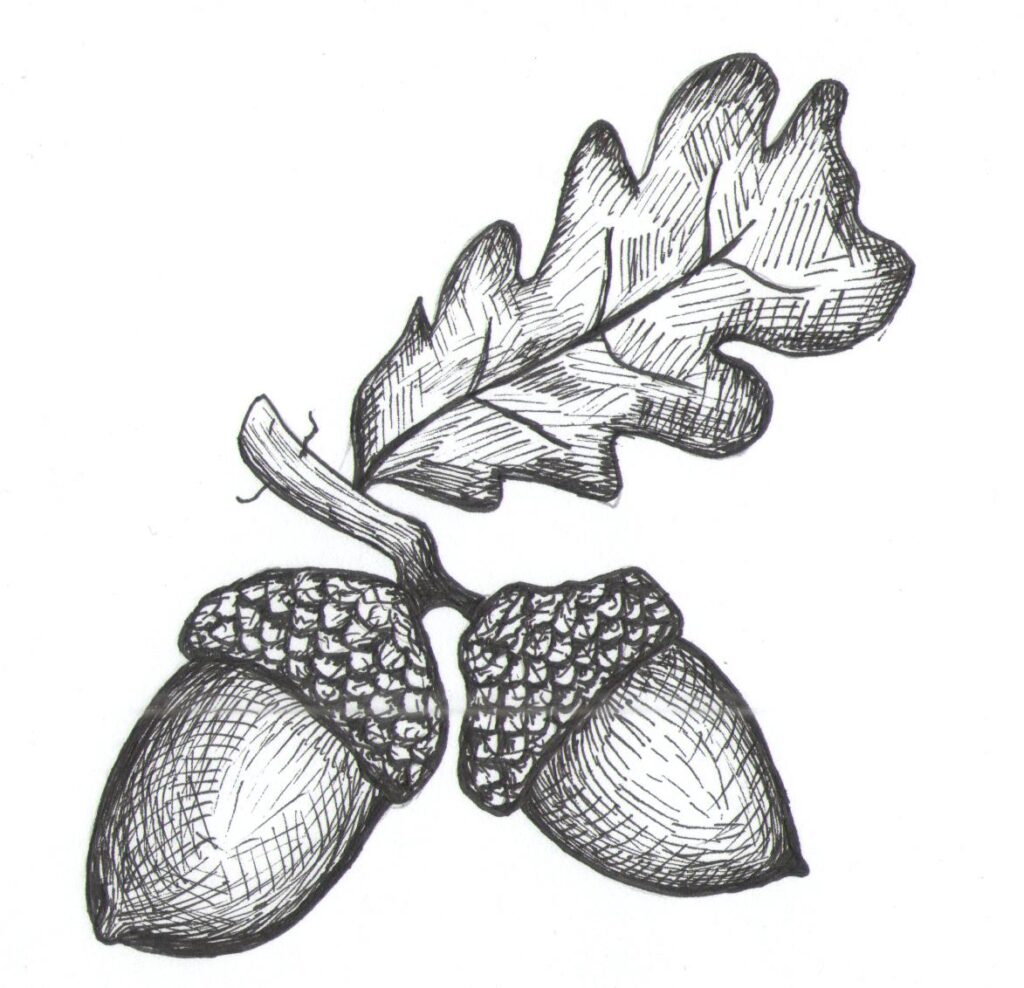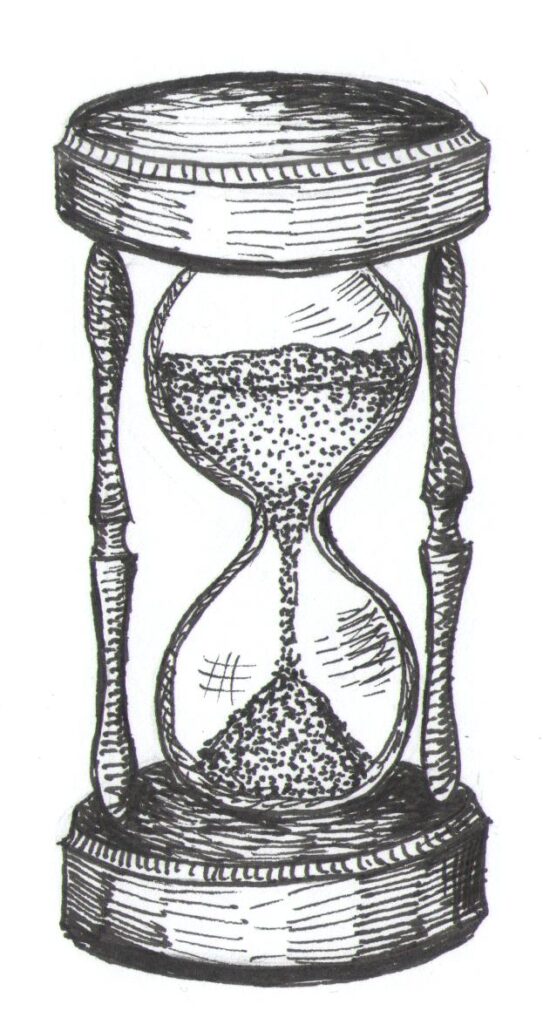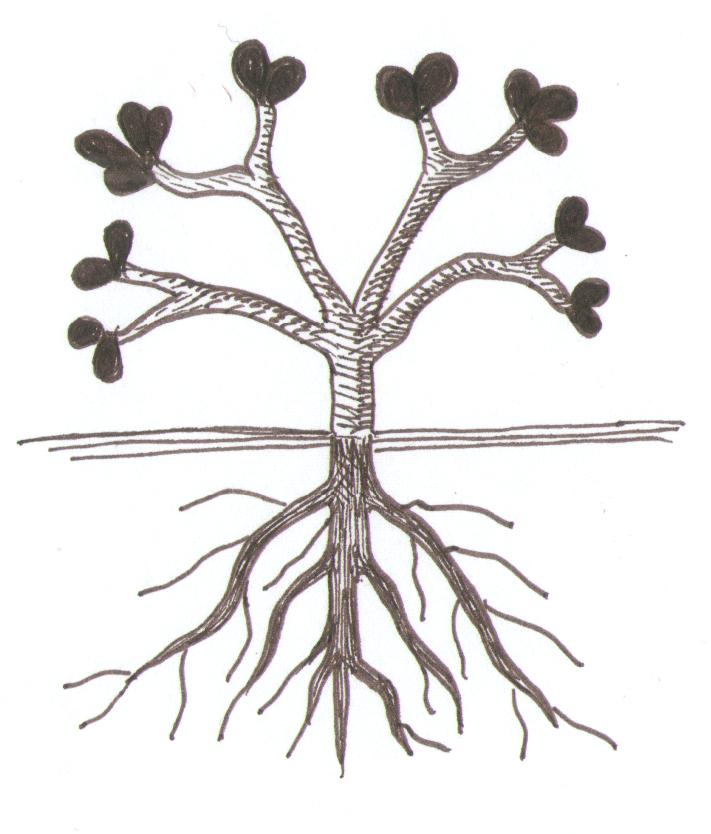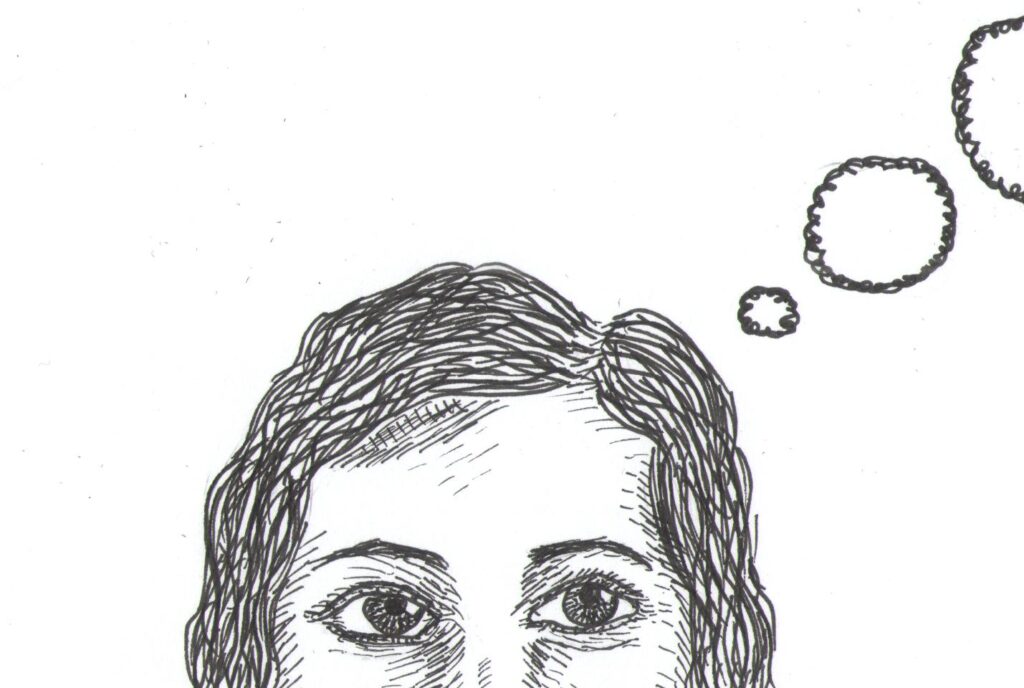The present, viewed through the lens of the past, is often heavy and burdened.
This means that we can, in any given moment, choose to attach some narrative about our past experiences to whatever we’re doing or feeling.
An example would be pain. Pain, in the present moment, is just an unpleasant feeling. It can be as simple as that. But when we analyse an unpleasant feeling through the lens of a narrative that says I never feel well, or I always feel terrible that feeling becomes more burdened and heavy with the baggage of the past. Some part of our narrative might be true, but it doesn’t serve us. It often just weighs us down.
Continue reading “The Present viewed through the lens of the Past”







